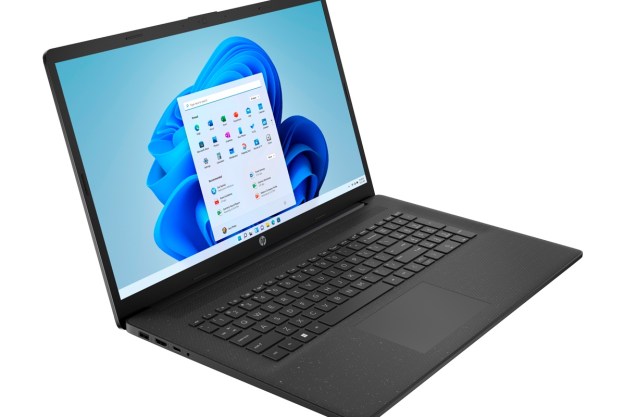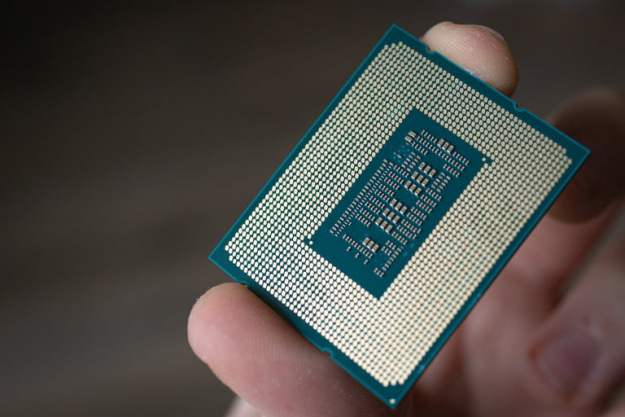
For at least the past six years, the National Security Agency has used secret radio signals to monitor nearly 100,000 computers around the world without the need of an Internet connection, reports The New York Times. Unlike the NSA’s other surveillance activities, however, this effort appears to have left Americans off the watch list.
To access so-called “air gapped” computers – PCs that do not connect to the global Internet – the NSA inserts a USB drive or cable that’s outfitted with a “tiny transceiver” that gives NSA spies access to infected computers. Sometimes the transceivers are installed directly into the machines. Once a computer has been outfitted with the transceiver, the NSA can then monitor all activity on the machine from a “briefcase-sized relay station” from up to eight miles away.
In addition to monitoring activity on targeted computers, the NSA can also use the machines to wage cyberattacks. According to the Times, it was through the use of this technology that the US launched the infamous Stuxnet strike on nearly 1,000 of Iran’s nuclear centrifuges – a detail the publication knew of at the time, but withheld at the request of American officials.
The most common target is reportedly the Chinese Army, which has launched similar attacks against the US, according to the federal government. But the technology, which falls under an NSA program called “Quantum,” has also been used against “Russian military networks and systems used by the Mexican police and drug cartels, trade institutions inside the European Union, and sometime partners against terrorism like Saudi Arabia, India and Pakistan,” the Times reports.
The latest NSA spying revelations are based partially on documents leaked by whistleblower Edward Snowden, and expand upon earlier reports by German news magazine Der Spiegel, which uncovered a cache of technologies used by the NSA under a program called ANT.
Speaking with the Times, NSA spokeswoman Vanee Vines defended the Quantum program, and asserted that the agency does not use the technology to spy on American citizens, nor does it pass intelligence onto U.S. companies.
“NSA’s activities are focused and specifically deployed against – and only against – valid foreign intelligence targets in response to intelligence requirements,” said Vines. “We do not use foreign intelligence capabilities to steal the trade secrets of foreign companies on behalf of – or give intelligence we collect to – U.S. companies to enhance their international competitiveness or increase their bottom line.”
Compared to previous NSA revelations, this one seems to us fairly innocuous, at least as far as American citizens are concerned. In fact, it’s kind of awesome – the type of James Bond-level tech we’d expect from the world’s most powerful spy agency. So it’s cool – as long as, you know, they don’t use it against us. Fingers crossed!
[Image via gresei/Shutterstock]


